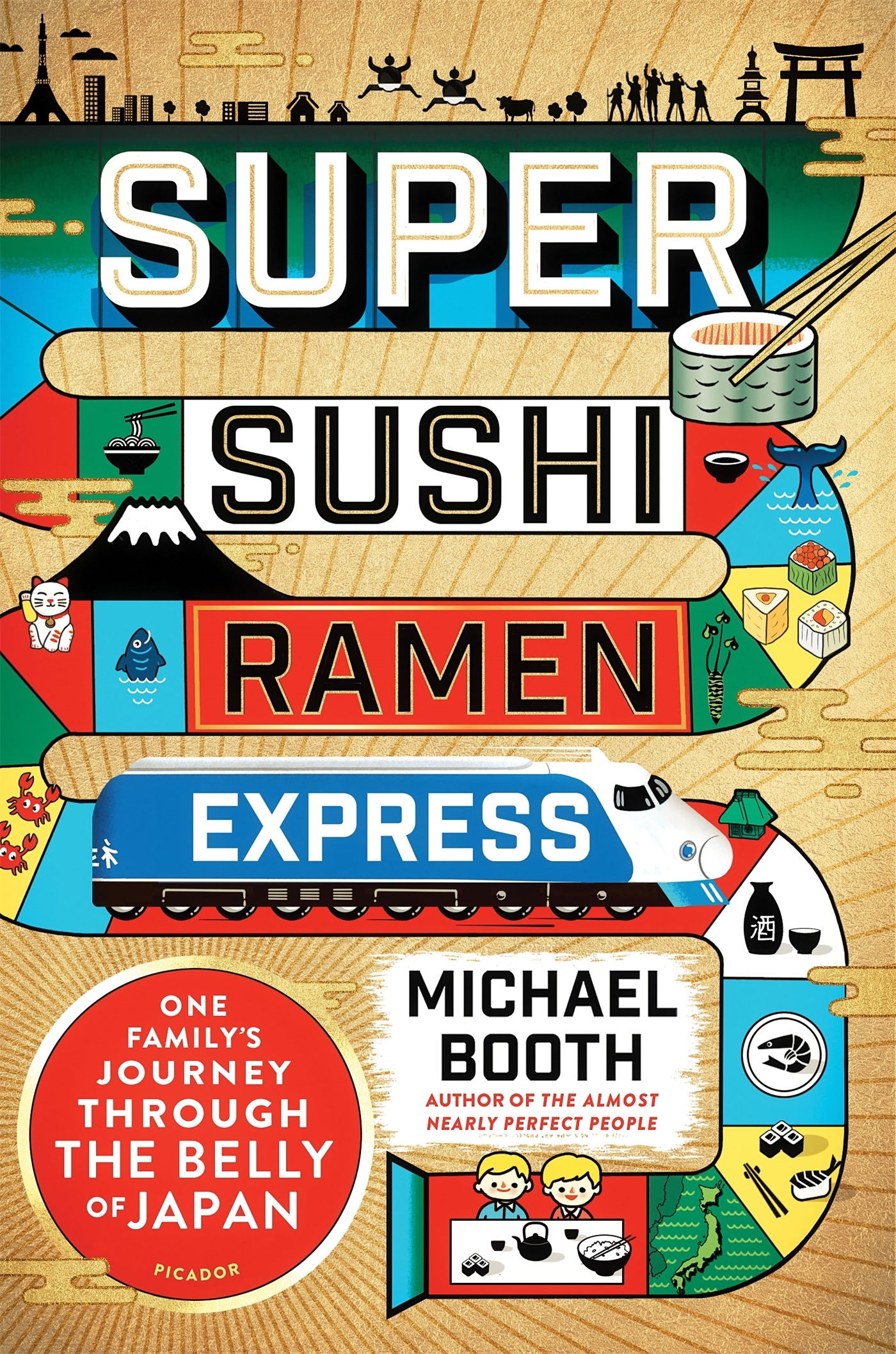What do you think?
Rate this book


280 pages, Kindle Edition
First published May 1, 2009
Great Things About Tokyo in Comparison to Paris, in the Order They Occurred to me:
There is no dog shit
No one expects a tip
There is no litter
Hold on, there are no litter bins either
I'm the tallest person here
People won't steal your stuff, try to cheat you, or be rude to you because you don't speak their language
How can so many restaurants make a living?
It really is great being taller than everyone for once
You can get a taxi
Even in the rain
You can be sure the driver will simply take you where you want to go without fuss or any funny business
People in shops act like they really want your business
I could probably have had quite a good basketball career in Japan
If I wanted to sumo-size myself, how would I go about it? I had always assumed their diet was made up of fatty meats, ice cream, chips, and chocolate and heard that they slept after meals. It had been a strange source of comfort to know that someone, somewhere, had been living my dream life.I liked his apology to MSG and discussion of umami.
"When I was training to be a sushi chef, I had to spend a year just making rice before I was allowed near a fish," Eiji-san said, adding that the total period of his training had been six years, average for a sushi chef in Japan.I was interested to learn that: "noren, the curtains that traditionally hang at the entrance to sushi restaurants, were originally there for customers to wipe their hands on as they hurried in and out, an especially filthy noren being a sign of a good restaurant".